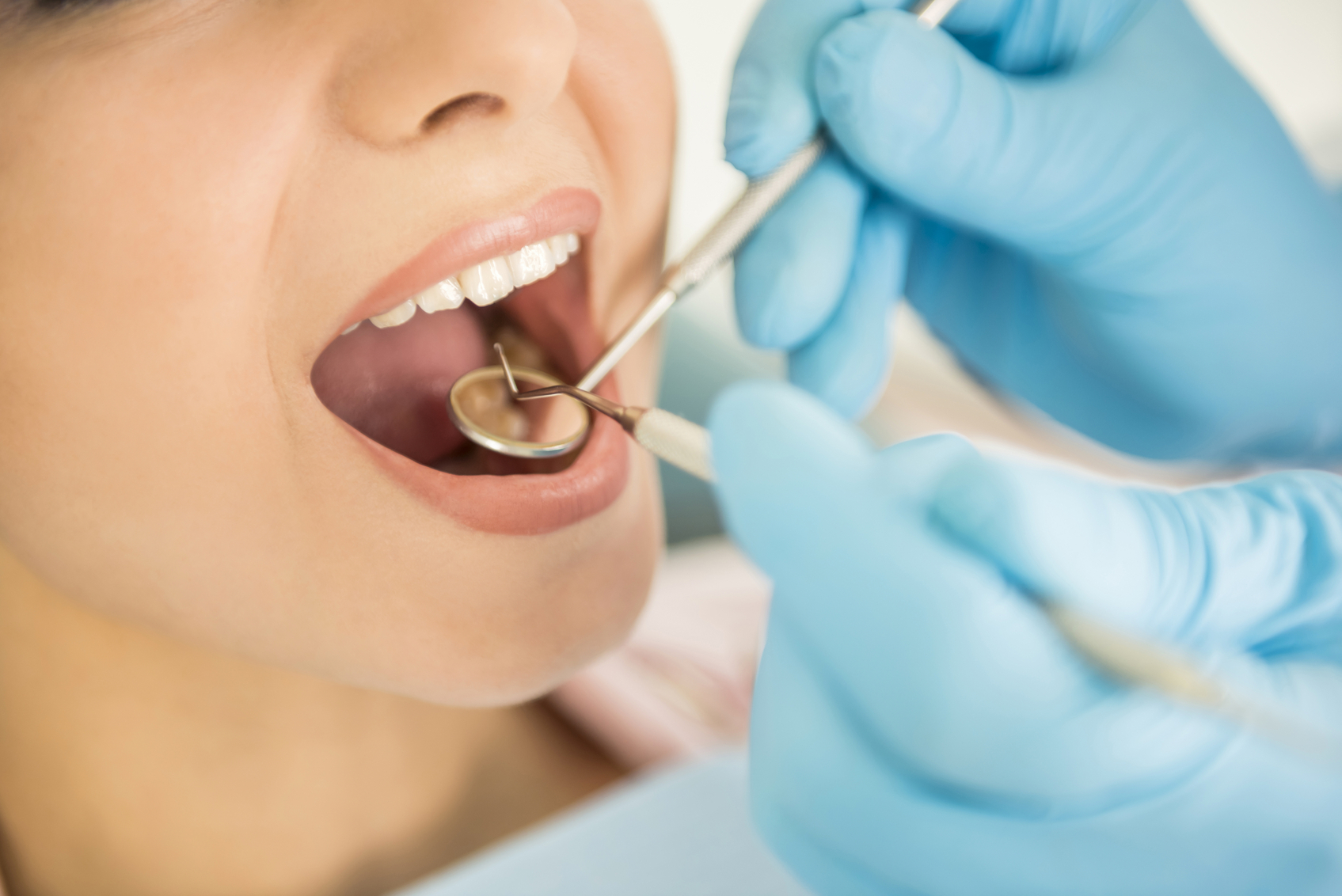Usual Inquiries Concerning Oral Veneers Addressed
Oral veneers have become an increasingly in-demand option for those looking to enhance their smiles, yet numerous people remain unpredictable regarding various facets of their usage. As we check out these usual inquiries, it becomes necessary to take into consideration not just the advantages however also the implications of opting for oral veneers in search of an extra confident appearance.
What Are Dental Veneers?
Oral veneers are slim, personalized coverings crafted from porcelain or composite material that are made to cover the front surface of teeth. These dental prosthetics offer both visual and practical functions, offering a solution for different oral blemishes, including discoloration, chips, spaces, and imbalance. By sticking to the teeth, veneers can dramatically boost the overall appearance of a smile, creating an extra consistent and attractive look.
Porcelain veneers are particularly preferred for their natural translucency and discolor resistance, making them a perfect option for people seeking resilient outcomes. In comparison, composite material veneers are typically less costly and can be applied in a solitary browse through, yet they may not supply the same sturdiness as porcelain options.
The decision to go with dental veneers typically comes from a desire for visual renovation, yet patients must additionally take into consideration elements such as the durability of the product, upkeep needs, and the potential demand for tooth decrease (Veneers). Ultimately, dental veneers represent a reliable and versatile remedy for achieving a radiant smile, providing to specific cosmetic needs while advertising self-confidence and self-esteem
How Are Veneers Applied?
The application procedure for veneers needs cautious planning and precision to make certain ideal results. The treatment normally begins with a comprehensive consultation, where the dental professional examines the patient's oral health, discusses wanted results, and establishes the ideal type of veneers, whether porcelain or composite material.
As soon as the treatment strategy is established, the dental professional prepares the teeth by eliminating a slim layer of enamel, generally concerning 0.5 mm to 1 mm, to accommodate the veneer. This step is crucial as it guarantees a correct fit and avoids the veneers from showing up bulky - Dental Veneers. After prep work, impacts of the teeth are required to produce custom-made veneers that match the patient's one-of-a-kind dental framework and aesthetic preferences
While the long-term veneers are being fabricated in a dental laboratory, temporary veneers may be positioned to shield the ready teeth. As soon as the permanent veneers prepare, the dentist will meticulously bond them to the teeth using a strong dental adhesive. Final changes are made to make certain correct placement and attack, adhered to by polishing for an all-natural look. The procedure culminates in a follow-up visit to keep an eye on the veneers' fit and the patient's complete satisfaction with their new smile.
What Are the Conveniences?

Moreover, veneers are understood for their sturdiness and resistance to tarnishing contrasted to all-natural teeth. Made from top notch materials such as porcelain or composite material, they can preserve their look for several years with correct treatment. This longevity makes them a functional investment in one's oral appearance.
Along with visual enhancements, veneers can also add to enhanced oral health and wellness. By covering harmed or deteriorated teeth, they can supply added support and defense, helping to protect against further degeneration or wear and tear. This protective element can lower the demand for extra substantial oral procedures in the future.

How Much Time Do They Last?
With proper care and upkeep, dental veneers can last anywhere from 10 to 15 years, making them a long-lasting solution for enhancing one's smile. The longevity of veneers mainly relies on the material made use of, the top quality of the initial positioning, and the patient's adherence to dental hygiene techniques.
Porcelain veneers are known for their sturdiness and resistance to discoloration, commonly lasting closer to the 15-year mark when taken care of suitably. Compound veneers, while much more budget friendly, might call for substitute earlier, often within 5 to 10 years as a result of their sensitivity to wear and discoloration.

In addition, using a mouthguard throughout sports or nighttime can provide additional protection. Ultimately, while veneers provide a considerable aesthetic improvement, their long life is substantially affected by the dedication to correct oral care and regular assessments with a dental specialist.
Exist Any Type Of Threats?
Considering the transformative results of oral veneers, it is necessary to acknowledge the prospective dangers connected with their application. While veneers can enhance the look of teeth, the procedure entails the elimination of a slim layer of enamel, which can enhance tooth level of sensitivity and susceptability to degeneration.
One significant risk is the possibility of inappropriate positioning or suitable, bring about discomfort, bite imbalance, or perhaps damage to the underlying tooth structure. Furthermore, if the veneers are not maintained properly, they can come to be tarnished or chipped over time, necessitating substitute.
Individuals may likewise experience allergies to the materials made use of in the veneers, specifically if they have sensitivities to certain oral composites. While veneers are resilient, they are not undestroyable; excessive force from clinching or grinding can lead to fractures.
It is crucial for individuals to speak with a certified dental expert to assess their specific dangers and to comply with aftercare directions vigilantly. By comprehending these threats, people can make educated choices concerning their oral veneer therapy and make sure the long life and success of their improvements.
Conclusion
In summary, oral veneers More Help represent a useful cosmetic remedy for boosting smiles, with factors to consider concerning their application, benefits, durability, and associated risks. Eventually, notified decision-making pertaining to oral veneers can lead to satisfactory visual outcomes and improved dental health and wellness.
Oral veneers are thin, custom-made coverings crafted from porcelain or composite material that are created to cover the front surface area of teeth. After preparation, impacts of the teeth are taken to develop customized veneers that match the patient's special oral structure and aesthetic choices.
While the long-term veneers are being made article in a dental research laboratory, short-term veneers might be positioned to protect the prepared teeth. Once the long-term veneers are prepared, the dentist will carefully bond them to the teeth making use of a solid dental adhesive. Inevitably, informed decision-making concerning dental veneers can lead to satisfactory visual end results and boosted dental health.